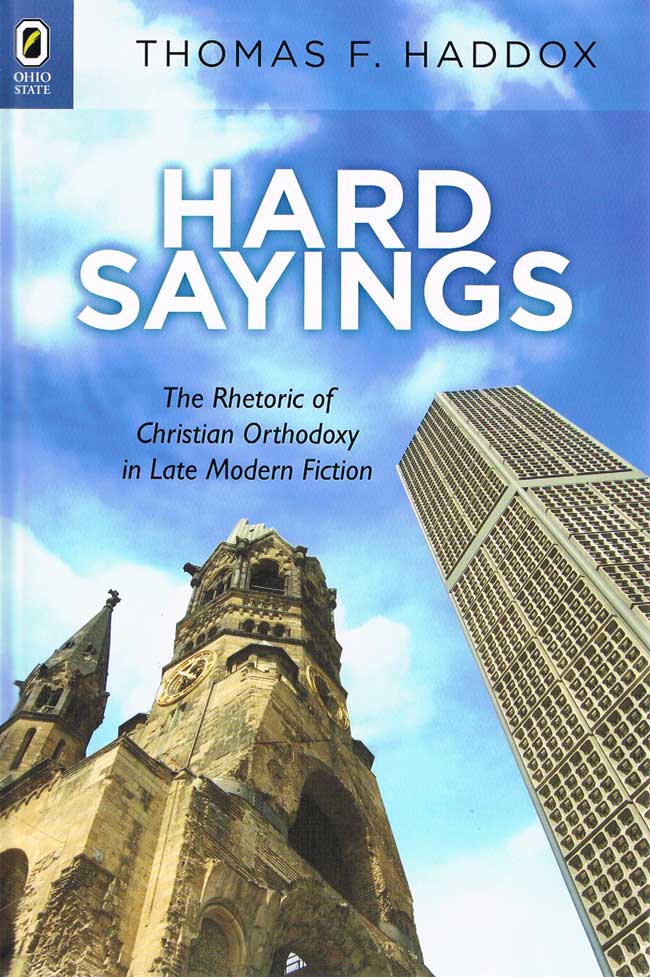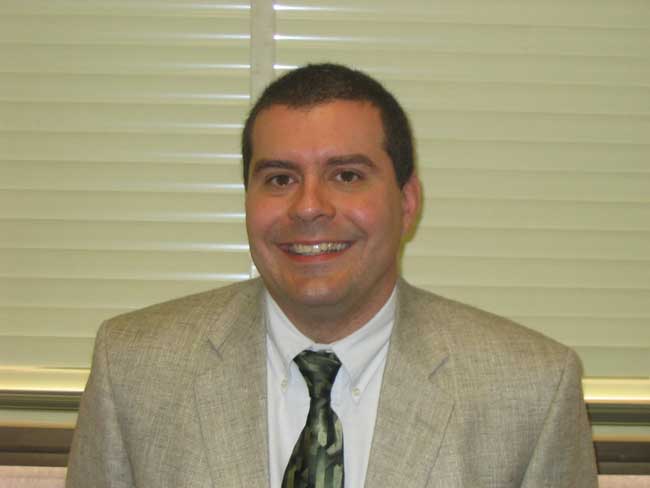Hard SayingsThe Rhetoric of Christian Orthodoxy in Late Modern FictionThomas F. HaddoxLiterature, Religion, and Postsecular Studies |
 4/2/2013 Literary Criticism/ 225 pp. 6x9  $59.95 cloth 978-0-8142-1208-0 Add cloth to shopping cart $14.95 CD 978-0-8142-9310-2 Add CD to shopping cart Shopping Cart Instructions Review/Change Shopping Cart & Check-out | |||
|
Explore More The International Society for the Study of Narrative Society for the Study of Southern Literature Allen Dunn and Thomas F. Haddox, eds., The Limits of Literary Historicism |
“Thomas F. Haddox has refreshingly returned literary judgment to the act of criticism in this excellent study of six late-modern novelists: Mary Gordon, Flannery O’Connor, Walker Percy, Marilynne Robinson, Muriel Spark, and John Updike. Though they all purport to take Christianity seriously, Haddox shows that they often undermine their own intentions. The problem arises not at the level of theological orthodoxy so much as in the making of fundamental literary decisions: about narrative voice and tone, about direct and indirect discourse, about sympathetic and hostile characterization, as well as the openness or finality of their endings. Whenever their work becomes theologically thin, it is because their literary method stumbles on the scandalously ‘hard sayings’ of the Gospel.” —Ralph C. Wood, University Professor of Theology and Literature, Baylor University Hard Sayings: The Rhetoric of Christian Orthodoxy in Late Modern Fiction by Thomas F. Haddox examines the work of six avowedly Christian writers of fiction in the period from World War II to the present. This period is often characterized in western societies by such catchphrases as “postmodernism” and “secularization,” with the frequent implication that orthodox belief in the dogmas of Christianity has become untenable among educated readers. How, then, do we account for the continued existence of writers of self-consciously literary fiction who attempt to persuade readers of the truth, desirability, and utility of the dogmas of Christianity? Is it possible to take these writers’ efforts on their own terms and to understand and evaluate the rhetorical strategies that this kind of persuasion might entail? Informed by the school of rhetorical narratology that includes such critics as Wayne Booth, James Phelan, and Richard Walsh, Hard Sayings offers fresh new readings of fictive works by Flannery O’Connor, Muriel Spark, John Updike, Walker Percy, Mary Gordon, and Marilynne Robinson. In its argument that orthodox Christianity, as represented in fiction, still has the power to persuade and to trouble, it contributes to ongoing debates about the nature and scope of modernity, postmodernity, and secularization.
| |||


